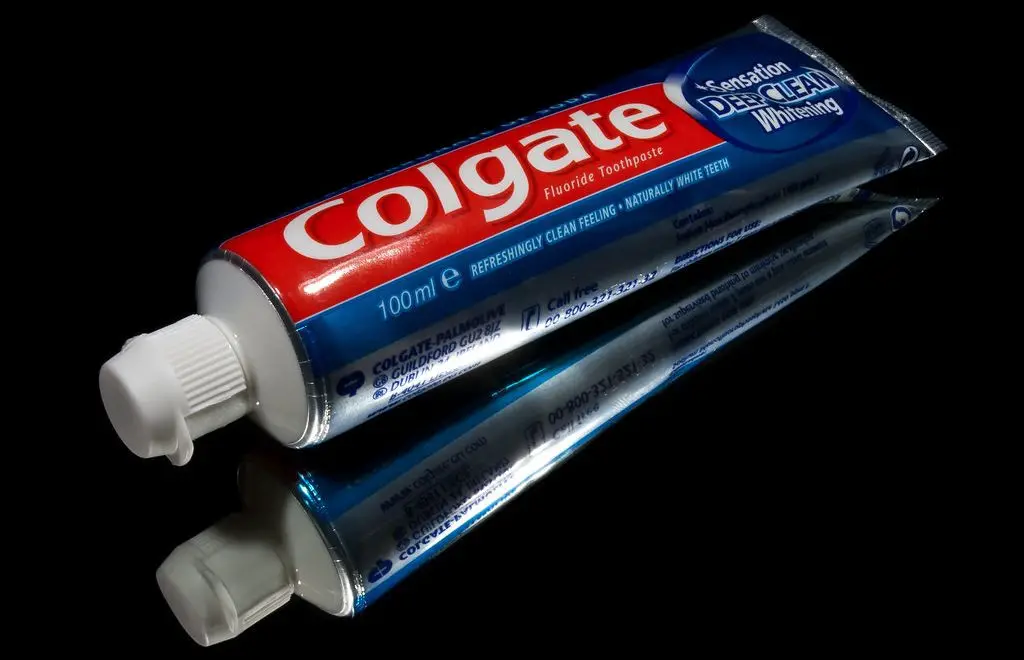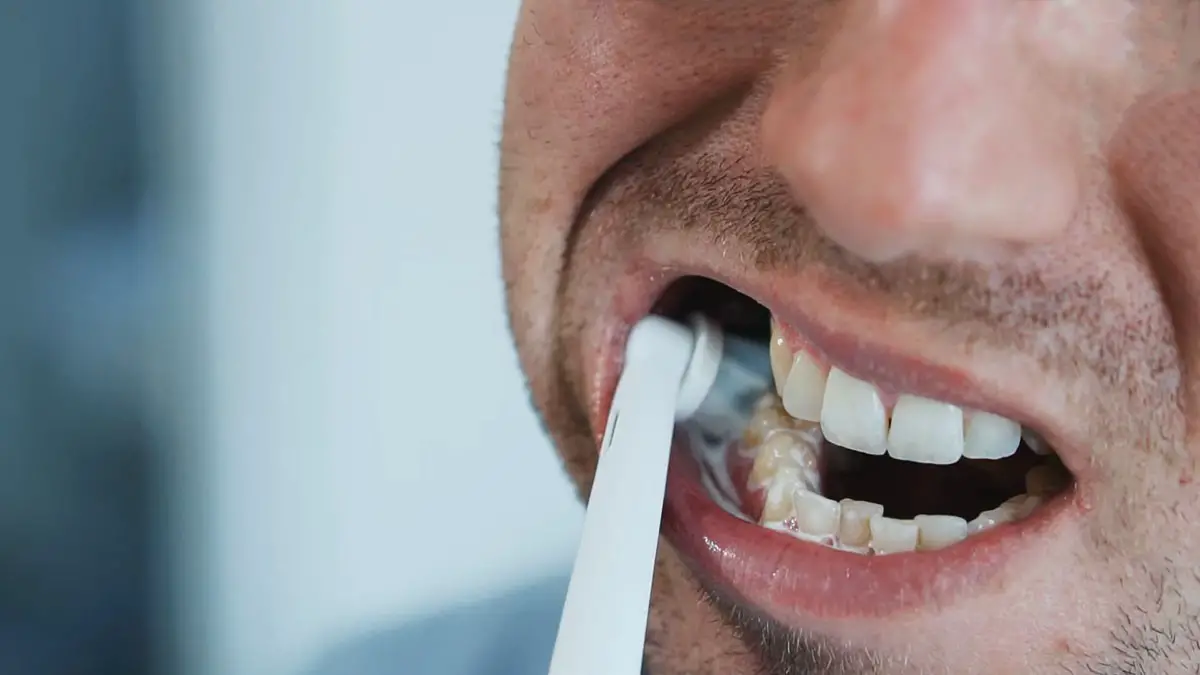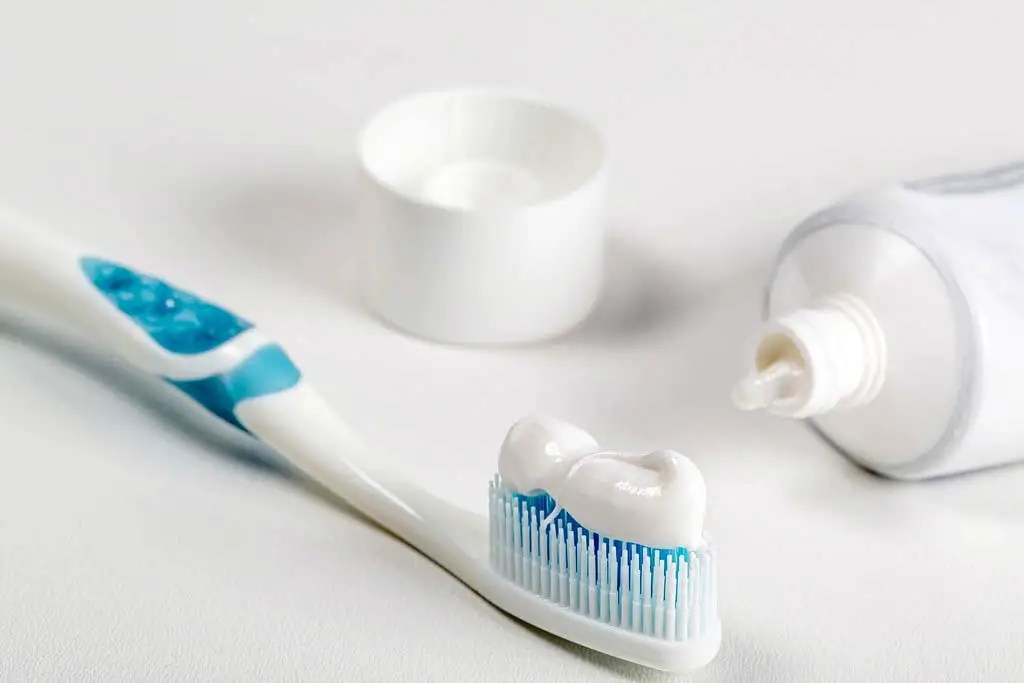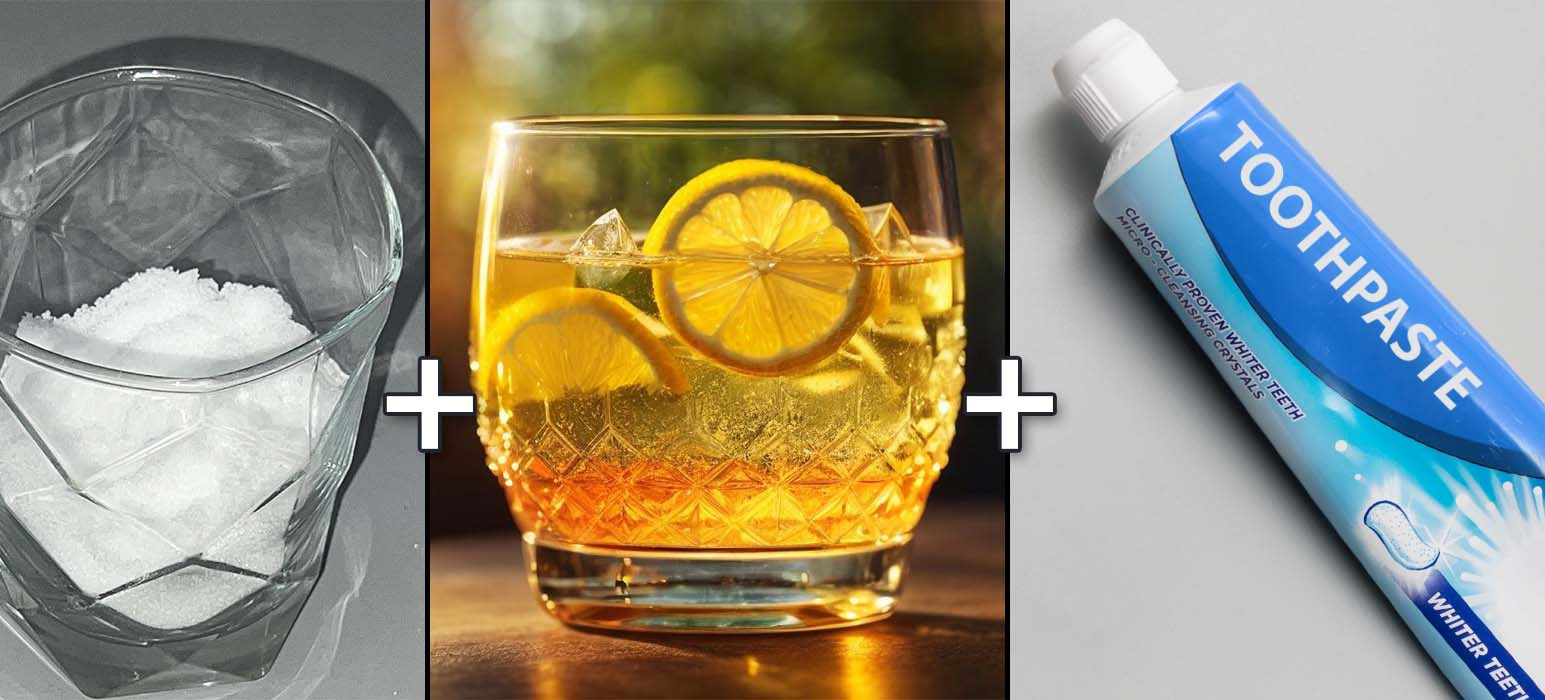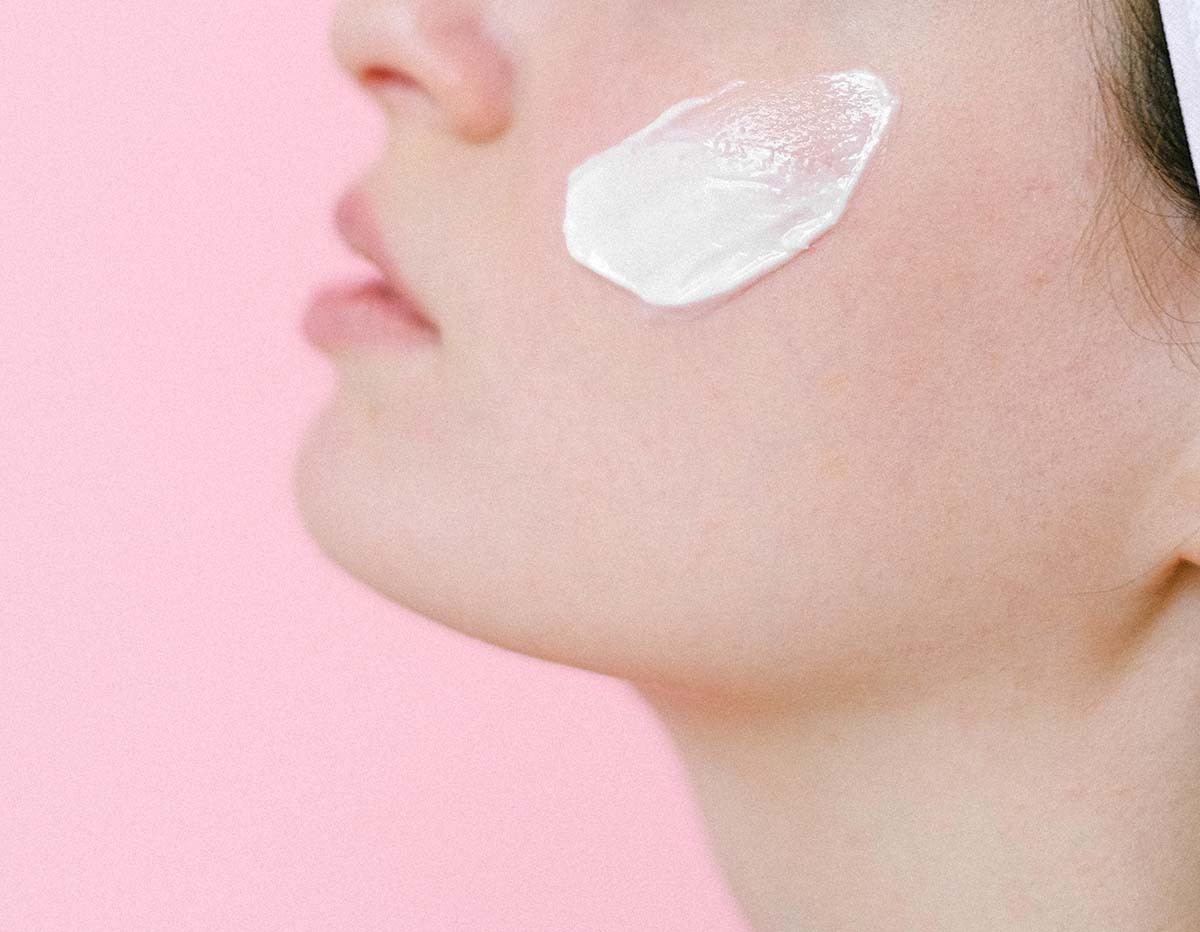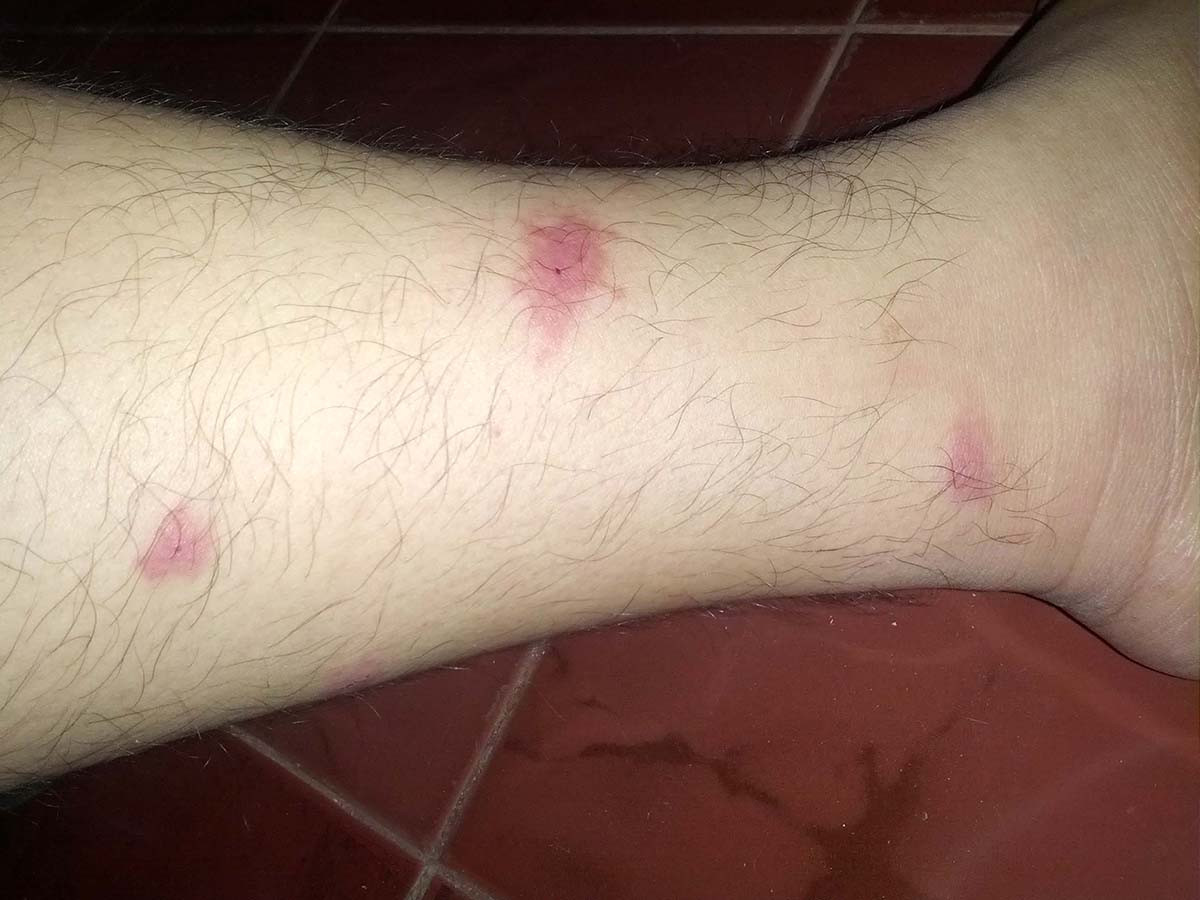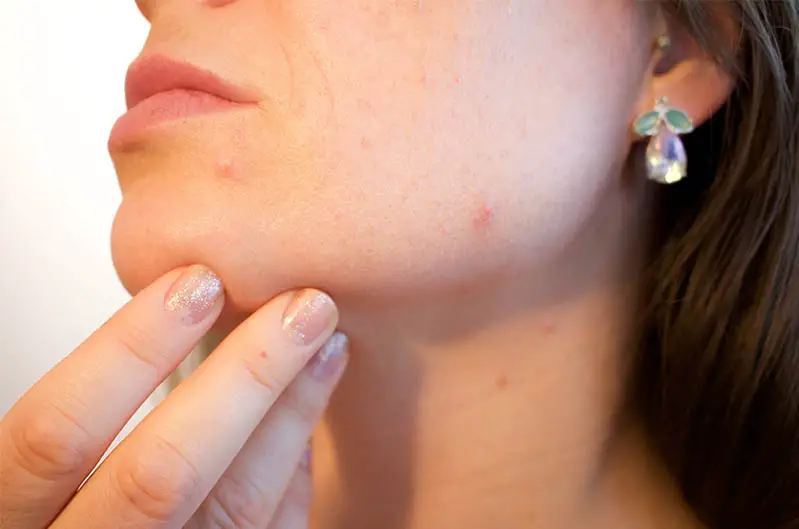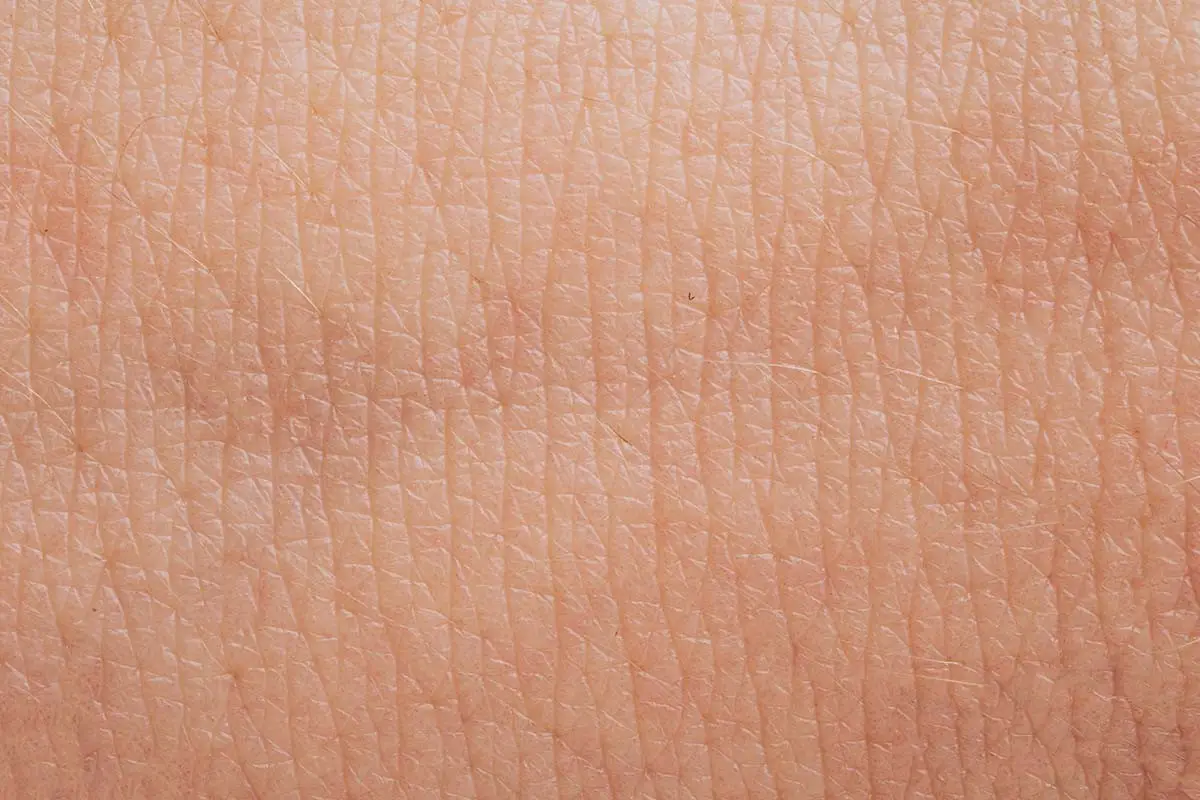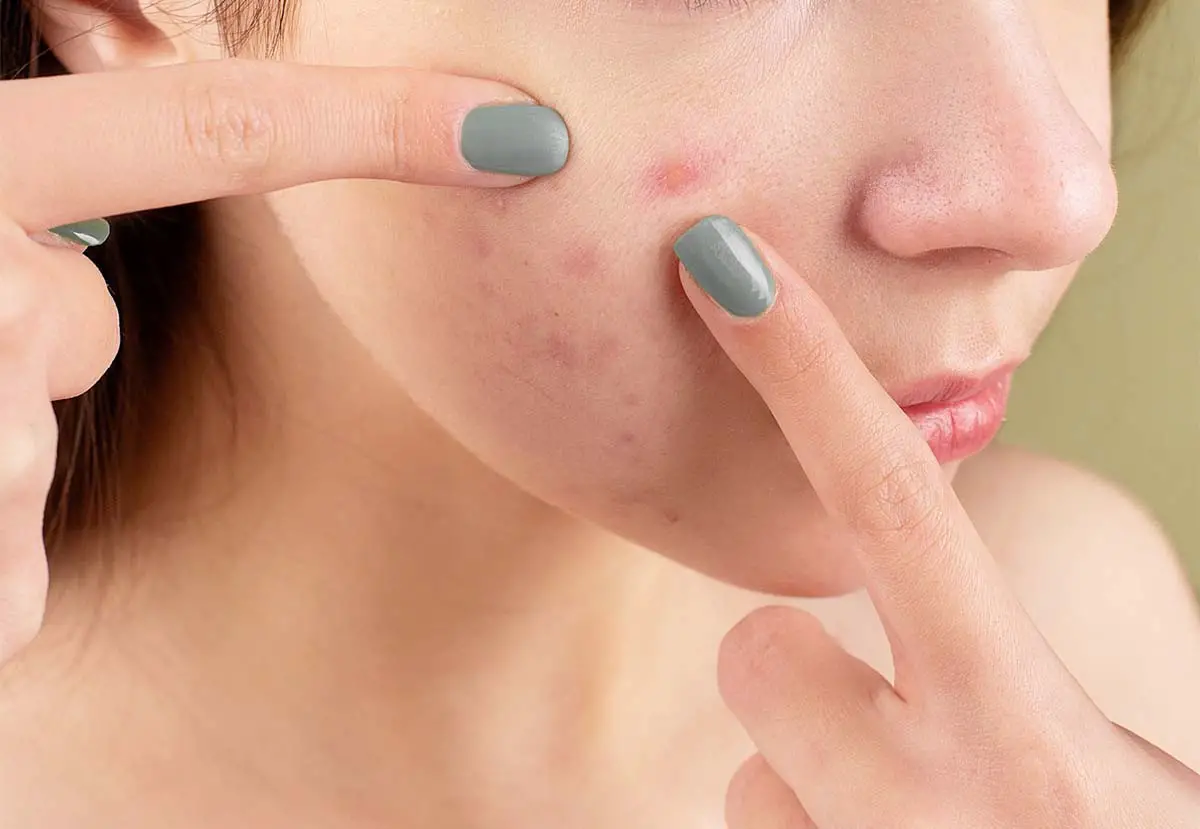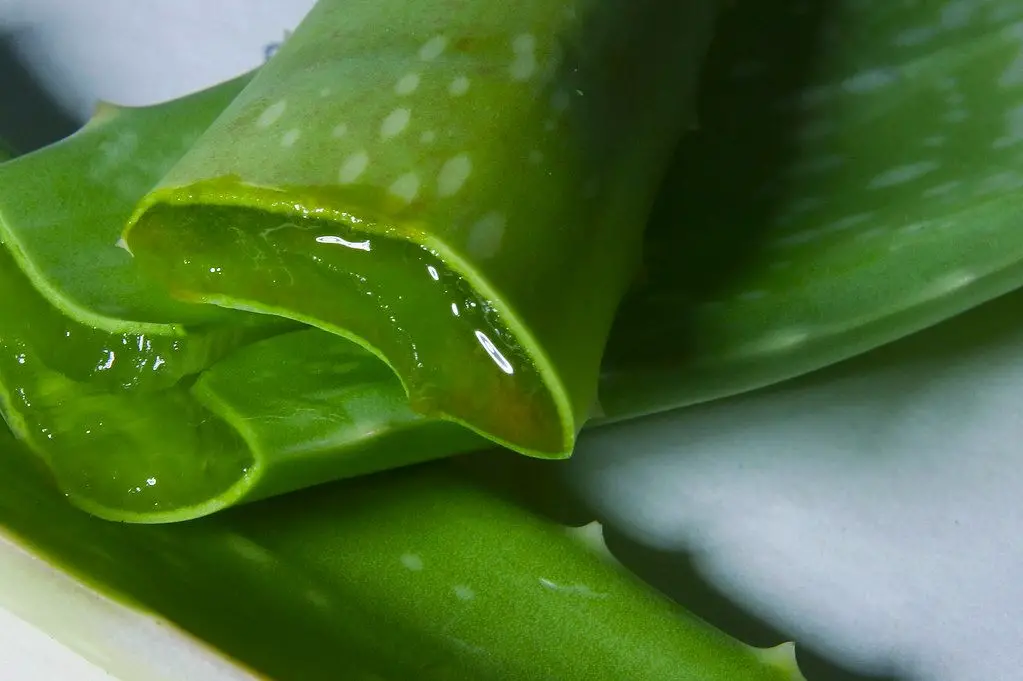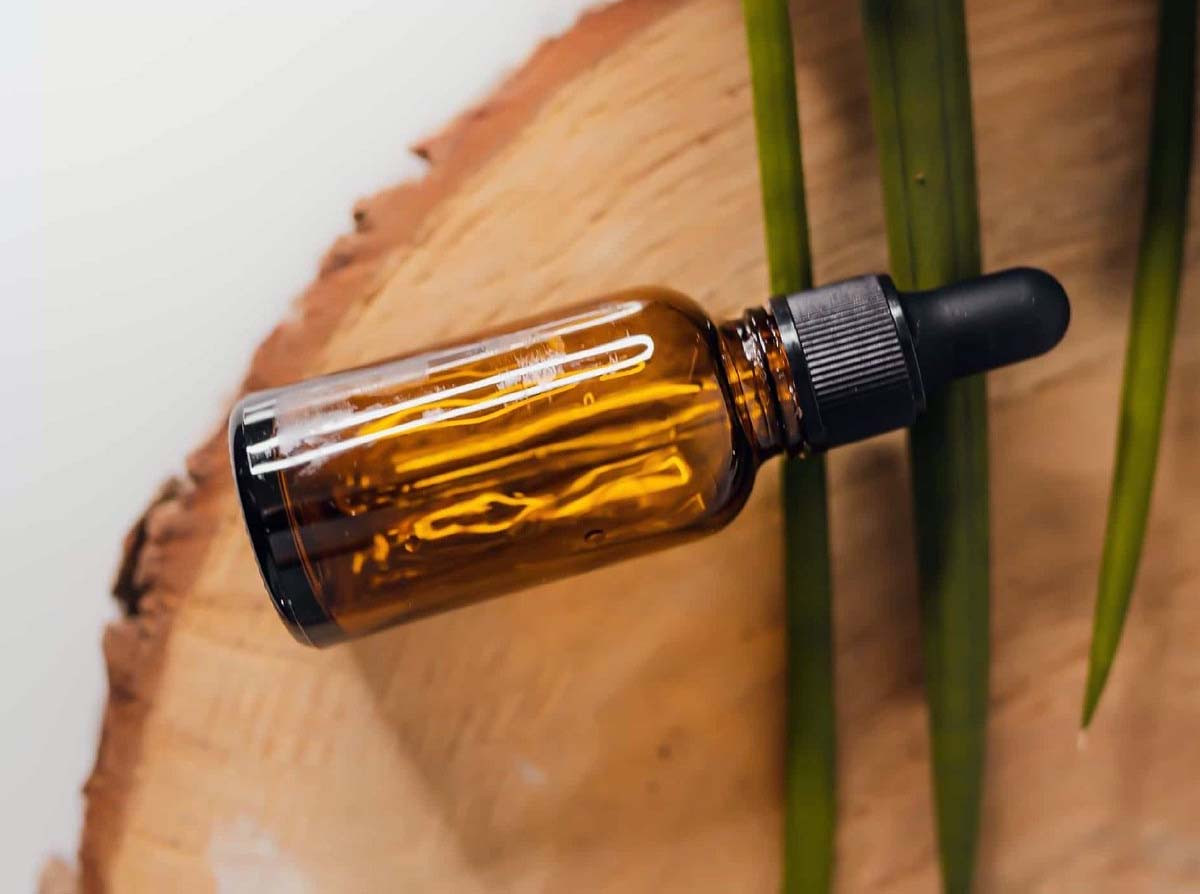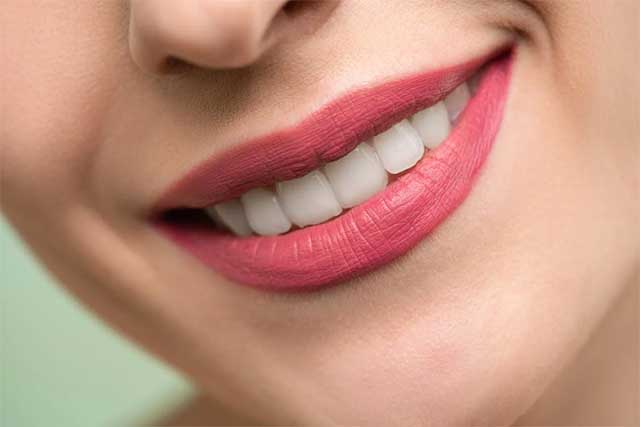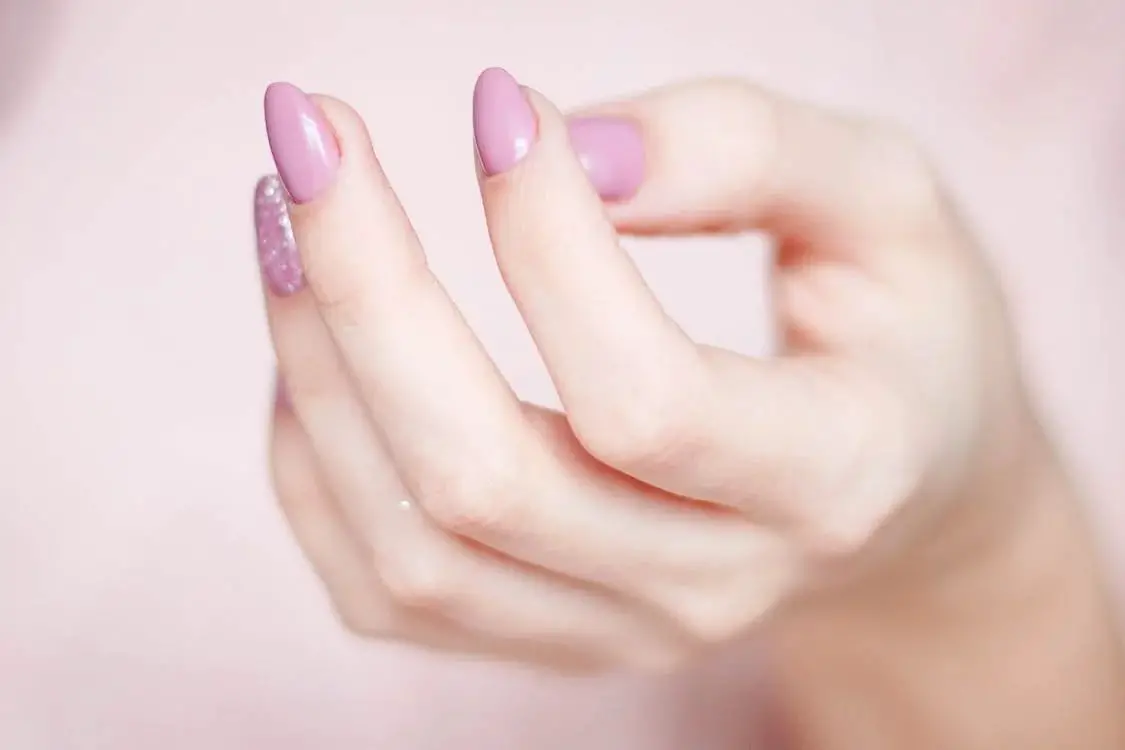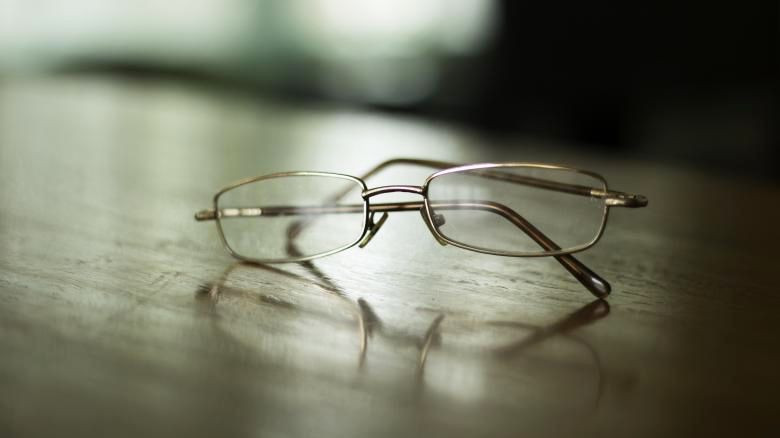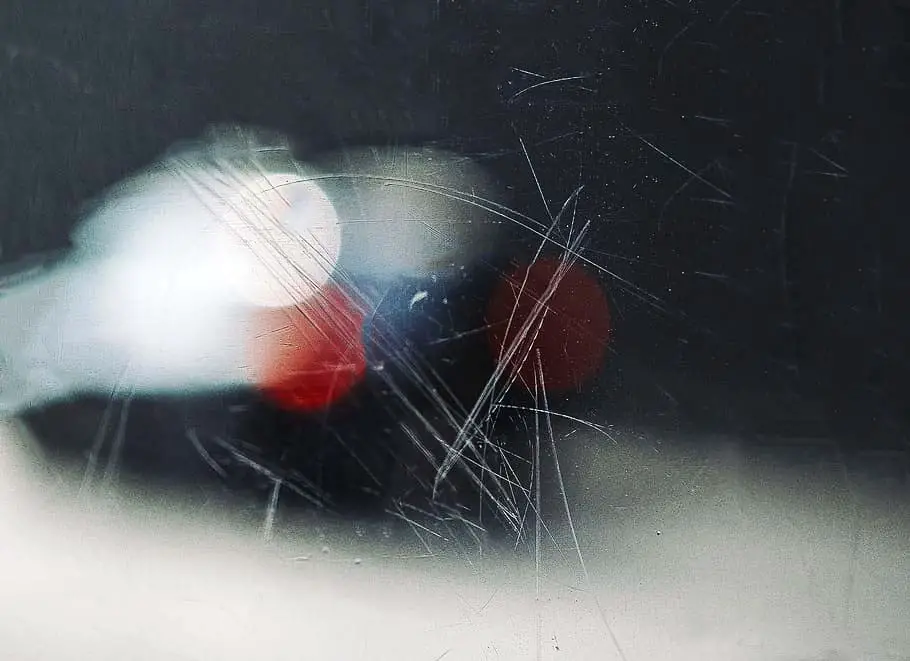I’m always on the lookout for new skincare hacks and products that can help improve my complexion. Recently, I discovered a unique beauty hack: applying Colgate toothpaste to the face.
Curious about this unconventional skincare method, I researched its benefits and side effects. In this write-up, I will share my findings with you, shedding light on whether using Colgate on the face is a wise choice or not.
Colgate’s Composition And Its Intended Use
Toothpaste has existed for thousands of years, but the modern formula we use today was developed in the 1940s. Different brands and products have their own unique ingredients, but most toothpastes share some common ones.
Some toothpaste is designed for specific purposes, such as sensitive teeth, teeth whitening, and so on. However, most toothpaste that fights cavities has these five ingredients:
- Abrasives
- Fluoride
- Detergents
- Humectants
- Flavors
Let’s take a deeper look at these ingredients and how they help your teeth.
Abrasives
These are substances that scrub and polish your teeth, removing surface stains and food particles. They are not active ingredients, meaning they don’t prevent gum disease or cavities. Still, they are essential for cleaning your teeth.
Ancient Egyptians and Romans used crushed eggshells or oyster shells as abrasives in their toothpaste. Today, we use more hygienic and gentle abrasives like dehydrated silica gels, hydrated aluminum oxides and calcium carbonate.
These abrasives are safe for your enamel as long as you don’t brush too hard and damage your teeth or gums.
Fluoride
Fluoride is the main ingredient that protects your teeth from cavities. It is a natural mineral that strengthens your enamel and makes it more resistant to acid erosion from foods and drinks. The American Dental Association (ADA) calls fluoride “nature’s cavity fighter.”
Toothpaste containing fluoride can earn the ADA Seal of Approval, which means they are safe and effective. The ADA does not recommend toothpaste without fluoride.
Detergents
Detergents are ingredients that make your toothpaste foam up when you brush. They help spread the toothpaste over your teeth and make it easier to rinse off.
Sodium lauryl sulfate is the most common detergent in toothpaste, which also has some antibacterial properties.
Humectants
Humectants are ingredients that keep your toothpaste moist and smooth. They prevent your toothpaste from drying out and crumbling when you squeeze it out of the tube.
Sorbitol is a common humectant that also adds some sweetness to your toothpaste. Other humectants include glycerol and glycol.
Flavors
Flavors are ingredients that make your toothpaste taste good. They mask the unpleasant taste of fluoride and abrasives and make brushing more enjoyable. Most toothpaste flavors come from sweeteners like sorbitol or saccharin.
Toothpaste does not contain sugar, so it won’t cause tooth decay, even if it tastes sweet. The ADA does not approve toothpaste with sugar, but it does approve toothpaste with sweeteners.
Benefits Of Using Colgate On The Face
You already know the primary ingredients in toothpaste. Now, let’s talk about the benefits of using a toothpaste on your face:
1. It Can Remove Dark Lines
Using toothpaste to remove dark lines is a simple and effective solution. All you need to do is prepare a paste by combining toothpaste with a bit of water and applying it to the lines.
Allow it to sit overnight, and wash it off in the morning. You’ll be amazed at how this simple trick can help diminish those lines.
2. Able To Get Rid Of Facial Hair
For those who dislike waxing or threading, toothpaste can be your savior. Create a mixture of toothpaste, lemon juice, and sugar or salt.
Massage this mixture into your face in an upward motion. This can help remove facial hair, giving you a smooth and hair-free complexion.
3. Able To Regulate Excessive Production Of Sebum
Dealing with greasy skin can be challenging, but toothpaste can come to the rescue. By combining toothpaste, water, and salt, you can create a solution that helps manage the overproduction of sebum.
Wash your face with this solution in the morning to control greasiness and achieve a balanced complexion.
4. Can Eliminate Shadows
You can say goodbye to those annoying shadows with a simple toothpaste remedy. Mix two drops of lemon juice with one spoonful of toothpaste until smooth.
Apply this mixture to your face for a few minutes and rinse it off. With regular use, you may start noticing a reduction in shadows in as little as two weeks.
5. May Ease Insect Bites
Toothpaste can be a handy remedy for soothing insect bites. Applying a dime-sized amount of toothpaste to the affected area can help alleviate itching and discomfort.
The best part is that toothpaste is safe to use even on children’s skin, making it a versatile solution for the entire family.
6. May Make Your Lips Rosy
If you desire rosy and healthy-looking lips, toothpaste combined with honey can work wonders. Apply a small amount of toothpaste on your toothbrush and drizzle it with honey. Gently brush your lips for about two minutes. This will help eliminate dead cells and leave your lips looking vibrant.
Not only does toothpaste offer a multitude of benefits for the face, but it also has some practical advantages that make it a go-to solution for many.
- Firstly, toothpaste is incredibly inexpensive compared to specialized skincare products. It is a budget-friendly alternative that delivers impressive results without breaking the bank.
- Secondly, toothpaste is extremely convenient. Most people already have toothpaste in their homes, making it a readily available solution for those moments when you run out of your regular acne medication or need a quick fix for a beauty emergency.
Side Effects Of Using Colgate On The Face
You might think toothpaste can fix skin problems like acne or discoloration. But it’s not a good idea. Although it has some benefits, toothpaste can harm your face more than it helps. Now, I will tell you why you shouldn’t put toothpaste on your face and what could happen if you do:
Skin Irritation
Toothpaste has baking soda, hydrogen peroxide, and alcohol that can upset your skin. They’re too strong for the sensitive skin on your face and can cause redness, burning, and discomfort.
If your skin is sensitive, it’s even more likely to get irritated by toothpaste. Instead, use a gentle cleanser made for your skin type.
Dryness And Flakiness
Toothpaste can also dry out your skin and make it flaky. It removes natural oils and moisture from your skin, leaving it dry, tight, and dull.
This can lead to cracking, peeling, or flaking. It can also make skin problems like acne or eczema worse. To avoid this, use a moisturizer that hydrates and nourishes your skin.
Chemical Burns
One of the worst things that can happen if you use toothpaste on your face is chemical burns. Toothpaste has rough ingredients like baking soda and hydrogen peroxide that are meant to clean teeth, not skin.
These ingredients are too strong for facial skin and can cause severe pain, inflammation, and peeling if they’re used too much or left on too long. Never put toothpaste directly on your face to avoid chemical burns.
Discoloration
Toothpaste can also change the color of your skin. Its ingredients can react with melanin, the pigment that gives your skin color. This can cause uneven pigmentation or spots on your face that are darker or lighter than the rest of your skin.
Discoloration is hard to fix and might take a long time to regain your natural skin tone. Use skincare products that protect and brighten your skin to avoid discoloration.
Disruption Of Skin’s pH Balance
Your skin’s pH balance is important for its health and defense against harmful bacteria and environmental factors. Your skin is slightly acidic, but toothpaste is alkaline.
Using toothpaste on your face can upset the pH balance of your skin, leading to dryness, irritation, and infection. Use skincare products made for the face to keep a balanced pH level.
Allergic Reactions
Another risk of using toothpaste on your face is allergic reactions. Toothpaste has flavors and other ingredients that can cause allergies to the skin. These reactions can be mild or severe, like redness, itching, swelling, or anaphylaxis.
Severe reactions are rare but can be dangerous if not treated immediately. To avoid allergic reactions, use skincare products that are hypoallergenic and fragrance-free.
Potential Acne Breakouts
Colgate toothpaste has ingredients like SLS and fluoride that have been linked to clogged pores and worse acne. Using toothpaste on pimples might seem like a quick fix, but it can actually make things worse.
The thick texture of toothpaste can trap oil and bacteria in pores, leading to more breakouts and inflammation. To treat acne effectively, use skincare products with acne-fighting ingredients like salicylic acid or benzoyl peroxide.
Ineffective Treatment
Despite what you might hear or read online, there’s no scientific proof that toothpaste helps with any skin issue.
Some people say toothpaste dries out pimples or reduces inflammation, but it’s better to use proven skincare products and treatments tested by experts. If you use toothpaste on your face, you risk side effects without any real benefits.
Temporary Effects With No Long-term Benefits
Some people say Colgate toothpaste helps with acne or blemishes, but any positive effects are usually short-lived and superficial.
Toothpaste isn’t made to target skin problems effectively; any improvement is often due to drying rather than fighting acne. The potential side effects outweigh the short-lived benefits, making it an unreliable skincare solution.
How To Safely Use Colgate On The Face?
You already know that toothpaste is not safe for your facial skin. However, if you decide to use it on your face, here is how you should do it safely:
When using toothpaste for acne treatment, choose an all-white toothpaste instead of one with colored stripes. The white part of the toothpaste contains ingredients like triclosan, hydrogen peroxide, and baking soda that help dry up pimples, while the colored parts may contain compounds that can irritate the skin.
Avoid whitening toothpastes, as their bleaching ingredients can potentially burn or bleach the skin, causing discoloration. Opt for a toothpaste with less fluoride.
After washing your face thoroughly with your preferred cleanser and warm water, pat it dry to lock in moisture. Apply the toothpaste and let it dry on the skin for optimal results. This could be for two hours or even overnight.
However, if you have sensitive skin, removing the toothpaste after 15 to 30 minutes might be better to test your skin’s reaction.
Alternatives To Colgate For Skincare
In a 2019 comparison study, researchers found that herbal extracts were just as effective in treating acne as a solution containing 2.5% benzoyl peroxide.
Participants who used the herbal extracts also reported greater satisfaction with their treatment. Below are some examples of natural acne treatments:
Aloe Vera
Aloe vera plants contain at least 75 different amino acids, minerals, and vitamins. These substances reduce skin irritation and inflammation, speed up wound healing, and protect the skin from infection.
However, pure aloe vera and commercial products containing it may cause adverse skin reactions in some individuals. Doing a skin patch test before applying aloe vera to the face is best.
Tea Tree Oil
Tea tree oil comes from Melaleuca alternifolia trees. Its potent anti-inflammatory and antibacterial properties may help kill acne-causing bacteria and soothe inflamed skin.
In a 2018 randomized study for mild-to-moderate facial acne involving 60 participants aged 14 to 34, one of the following treatments was administered:
- A natural acne treatment containing 3% tea tree oil, 20% propolis, and 10% aloe vera
- 3% erythromycin
- Placebo
The researchers found that the natural remedy containing tea tree oil was significantly more effective than the other two treatments.
Probiotics And Prebiotics
Billions of microorganisms live on the skin and are essential for preventing infection and healing wounds. Studies have found evidence linking several skin conditions, such as psoriasis, acne, and eczema, to disruptions in the skin microbiome.
Due to the growing understanding of the gut and skin microbiomes and their impact on overall health, many scientists and manufacturers now believe that altering the microbiome could improve skin health.
Dietary fibers, known as prebiotics, nourish beneficial microorganisms. Live bacterial strains known as probiotics can both increase the amount of good bacteria on the skin and prevent the growth of acne-causing bacteria.
Uses Of Colgate Toothpaste Beyond Facial Application
I have mentioned above that toothpaste is not safe for your face. It can do more harm than good. However, there are some other toothpaste uses you can try if you are in need. These are:
Brighten And Exfoliate Lips
Toothpaste can effectively remove dry and dead skin from your lips, leaving them delicate and rosy. However, toothpaste should not be left on your lips or any other sensitive area for more than a minute or two.
Apply a small amount of toothpaste to a soft-bristled toothbrush. Gently massage the brush in circular motions over moist lips. After a minute, rinse the brush under water.
Remove Strong Odors From Hands And Nails
Food odors such as fish, garlic, and onions can linger on your hands for extended periods of time. Scrubbing your hands and nails with Colgate toothpaste can help remove these odors. The flavorings and menthol in the toothpaste immediately draw out unpleasant smells from the skin.
Wet your hands with water, then gently scrub your hands and nails. Rinse thoroughly with water. Next, apply a small amount of toothpaste to your palms.
Quick Relief From Insect Bites
When an insect such as an ant or mosquito bites you, venom is injected into your skin, causing an allergic reaction. This is why you may feel itching and stinging. Applying toothpaste to the affected area can relieve these uncomfortable feelings quickly.
The menthol in toothpaste can dry up the area and temporarily dull the nerves. Apply a small dab of toothpaste to the insect bites. Let it sit overnight to reduce any discomfort, redness, or swelling.
Defog Your Glasses
Do foggy glasses make it difficult for you to see? Try using toothpaste! Dab a small amount of toothpaste onto your glasses and use a gentle cloth to remove any residue.
You won’t have to worry about foggy glasses again. Avoid rubbing too vigorously, as this can damage the glass.
Eliminate Milk Odor In Baby Bottles
Curdled milk can leave an unpleasant odor in baby bottles. To remove this odor, fill the bottle with water and add some toothpaste. Close the lid and shake to create a lather. Brush the bottle walls and dry thoroughly.
Shine Your Jewelry
If your jewelry appears dull and worn out, try polishing it with toothpaste. Rub toothpaste onto the jewelry and leave it for an hour before cleaning it with a gentle washcloth. To preserve the natural enamel on pearls, avoid applying toothpaste to them.
Repair Scratched Glass
Toothpaste can polish flat surfaces like CDs or glass by filling in small imperfections. Use a pea-sized amount of toothpaste and gentle circular motions with a soft cloth to address scratched areas. Repeat one or two more times to remove scratches.
Clean Crayon Stains From Walls
Did your child turn your wall into a canvas? Not sure how to remove those stains? Try using toothpaste!
Apply a small amount of white paste to a moist sponge and massage the affected areas. The stains will fade and disappear in no time.
Remove Odor From Shoes
Use white toothpaste to remove unpleasant odors from your shoes. Apply the paste to the shoes’ outside and inside, then brush thoroughly.
You can also soak the shoes in vinegar, toothpaste, and water solution for half an hour before washing and drying them. Please note that this solution only applies to shoes made of fabric or canvas.
FAQs
You already know the benefits and side effects of Colgate on the face. Now, let’s talk about some common questions regarding the matter:
Can We Use Colgate On The Face For Whitening?
No, toothpaste does not whiten skin. Even though it may have a modest whitening impact on teeth, regularly applying toothpaste to your skin can cause damage. Do not use toothpaste to whiten your skin.
Can Colgate Remove Dark Underarms?
Toothpaste contains chemicals that might irritate your skin. Make sure you’re not using the colored varieties, which have bleaching characteristics that can lighten your underarms.
Is Colgate And Lemon Good For The Face?
There are claims that lemon juice has exfoliating and antimicrobial qualities. However, because it is acidic, there is a chance of skin irritation and acne aggravation. This may be especially dangerous if you use it all over your face.
Can Toothpaste Remove Dark Necks?
To get rid of a dark neck, combine equal amounts of toothpaste and water. Apply it to the neck and let it stay there for ten minutes. Rinse off with cold water.
Conclusion
It’s crucial to remember that everyone’s skin is unique, and what works for one person may not work for another. Using unconventional skin care practices like applying Colgate toothpaste on the face can indeed have both benefits and side effects. While it might help some people as an acne or spot treatment, it could cause skin irritation, dryness, or even chemical burns in others.
Always consult a dermatologist before trying out such practices. If you decide to use Colgate toothpaste on your face, do so with caution and stop its use immediately if you notice any adverse effects.

